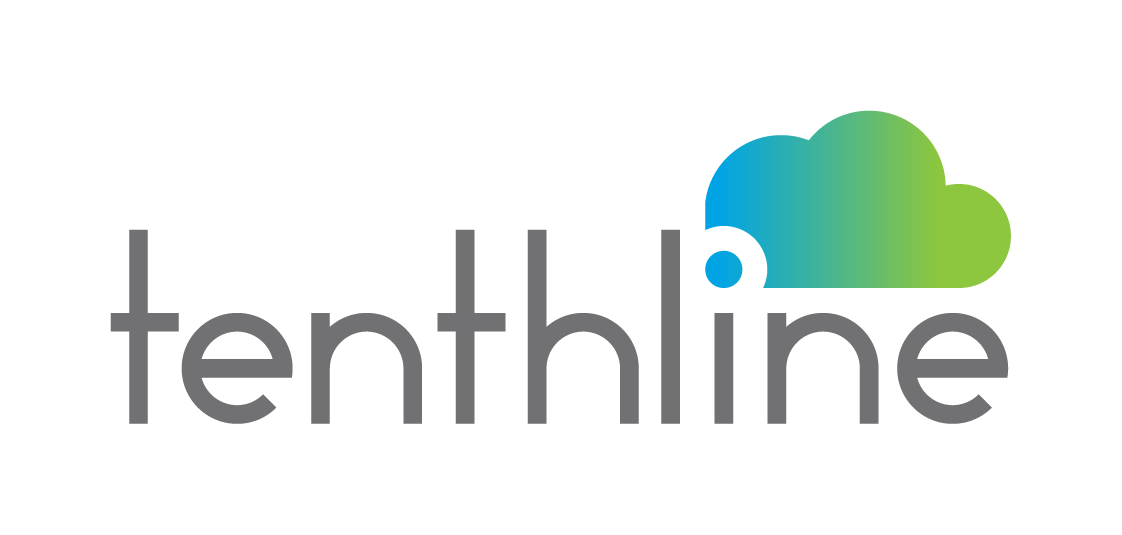In today’s digital age, managing documents and other types of content is a critical function for businesses of all sizes. Effective content management can improve productivity, enhance collaboration, and ensure compliance with regulatory requirements. With so many options available, it can be challenging to choose the right solution for your organization. This article will compare and contrast Alfresco ECM with traditional document management systems, helping you determine which is the best fit for your business needs.
What is Traditional Document Management?
Traditional document management involves storing physical documents in file cabinets, and later scanning or digitizing them to be stored in a single location. Document management software can also be used to manage digital files, but these systems are typically designed to handle specific types of content, such as contracts or HR documents. Traditional document management systems are often focused on the administrative aspects of content management, such as basic version control and access permissions.
The Advantages of Traditional Document Management
One of the main advantages of traditional document management systems is their simplicity. These systems are often straightforward and easy to use, making them a good fit for small businesses or organizations that have limited content management needs. Traditional document management systems also tend to be less expensive up-front than more robust ECM solutions.
Another advantage of traditional document management systems is their focus on compliance. These systems are often designed to meet specific regulatory requirements, such as HIPAA or GDPR. They may include features like audit trails and automated retention policies to ensure that content is managed in accordance with these regulations.
The Limitations of Traditional Document Management
While traditional document management systems can be useful, they also have some significant limitations. One of the most significant is their lack of flexibility. These systems are often designed to handle specific types of content and may not be able to accommodate the unique needs of your business. Search capabilities, if present at all, tend to be extremely limited so retrieving specific files can often be time-consuming.
Traditional document management systems may also lack the collaboration and workflow capabilities that are becoming increasingly important in today’s digital age. These systems are often focused on administrative tasks, rather than providing a comprehensive solution for content management.
Lastly, even though traditional document management systems have a lower initial cost compared to modern systems, maintaining them often ends up being more expensive in the long run.
What is Alfresco ECM?
Alfresco ECM is a comprehensive modern content management system designed to meet the needs of modern businesses. This platform provides a wide range of features and capabilities, including document management, workflow automation, and collaboration tools. Alfresco ECM is also designed to be flexible, allowing organizations to tailor the system to their unique needs.
One of the main benefits of Alfresco is its scalability. This platform can handle large volumes of content and can be used by organizations of all sizes. Alfresco ECM is also designed to be extensible, meaning that additional features and capabilities can be added as needed.
The Advantages of Alfresco
Alfresco ECM provides several advantages over traditional document management systems. One of the most significant is its flexibility. This platform can be customized to meet the specific needs of your business, allowing you to create workflows and processes that are tailored to your unique content management requirements.
Another advantage of Alfresco is its collaboration capabilities. This platform includes tools for team collaboration, task management, and content sharing, making it easier for teams to work together and get things done more efficiently.
Alfresco ECM is also designed with automation in mind. This platform includes tools for workflow automation and robotic process automation (RPA), allowing organizations to automate routine tasks and improve efficiency.
Features and Functionalities: Alfresco vs. Traditional Document Management
When it comes to features and functionalities, Alfresco stands out in the market. It offers a comprehensive suite of tools and features that allow businesses to manage their content effectively. Some of its key features include:
- Content Collaboration: Alfresco allows users to share and collaborate on content in real-time. This makes it easy for teams to work together and complete tasks quickly.
- Workflow Automation: Workflow automation tools allow businesses to automate their business processes. This can save time and improve productivity.
- Content Security: Alfresco offers advanced security features to protect sensitive information. It has built-in security mechanisms that ensure data is protected from unauthorized access.
- Integration Capabilities: Integration with other systems such as ERP, CRM, and other business applications is easy with Alfresco. This makes it easy for businesses to manage their content in one central location.
- Mobile Accessibility: Alfresco offers mobile accessibility, allowing users to access and manage content on the go.
On the other hand, traditional document management systems offer limited functionalities. They mainly focus on storing and organizing documents, with limited collaboration and workflow automation tools. While they may have some basic security features, those offered by Alfresco ECM are far more advanced.
Cost Comparison: Alfresco vs. Traditional Document Management
Another important factor to consider is the cost. Traditional document management systems can be expensive to implement and maintain, with costs ranging from thousands to millions of dollars. This is because they require hardware and software licenses, as well as ongoing maintenance and support.
Alfresco ECM, on the other hand, is a cost-effective solution. It is an open-source software, which means it is free to use and can be customized to meet specific business needs. Additionally, Alfresco is cloud-based, which eliminates the need for expensive hardware and software licenses. This makes it an affordable solution for small to medium-sized businesses.
User Experience: Alfresco vs. Traditional Document Management
User experience is an important factor to consider when choosing a content management system. Alfresco ECM offers a user-friendly interface that is easy to navigate. It also offers a variety of tools and features that make it easy for users to collaborate and work together.
Traditional document management systems, on the other hand, can be difficult to use and require extensive training. They often have limited collaboration and workflow automation tools, which can make it difficult for teams to work together effectively.
Scalability: Alfresco vs. Traditional Document Management
Scalability is an important factor to consider when choosing a content management system. As businesses grow, they need a system that can handle increasing amounts of data and users.
Alfresco deployments are highly scalable and can easily accommodate growing businesses. They are cloud-based, which means they can easily be scaled up or down depending on business needs. Additionally, Alfresco can be customized to meet specific business needs, making it a flexible and adaptable solution.
Traditional document management systems, on the other hand, can be difficult to scale. They often require significant hardware and software upgrades, which can be expensive and time-consuming.
In conclusion, Alfresco is a powerful and versatile content management system that offers a range of features and functionalities. It is a cost-effective solution that can be easily customized and scaled to meet the needs of any business. Compared to traditional document management systems, Alfresco ECM stands out in terms of collaboration, automation, security, and scalability. Businesses looking for an effective modern content management solution should look no further than Alfresco.


Leave A Comment